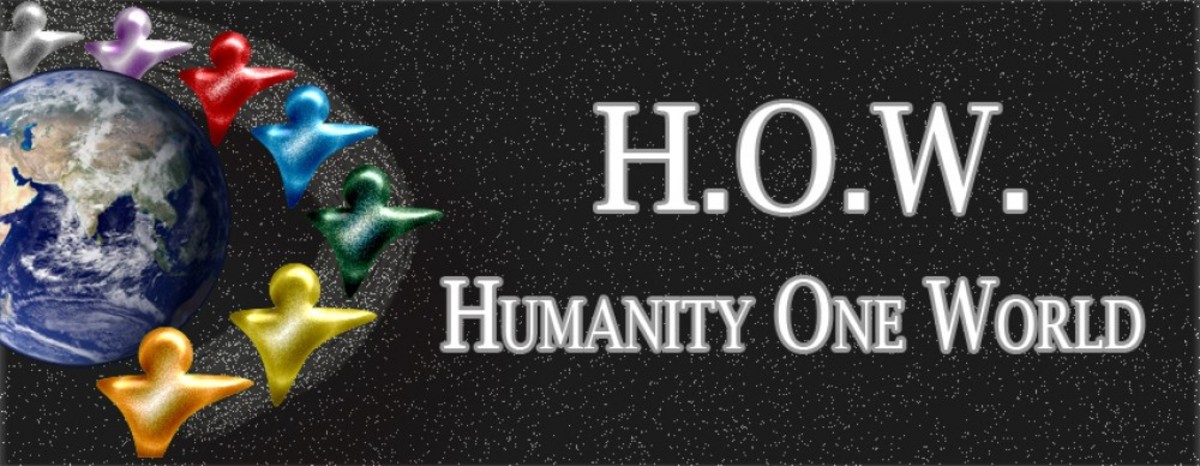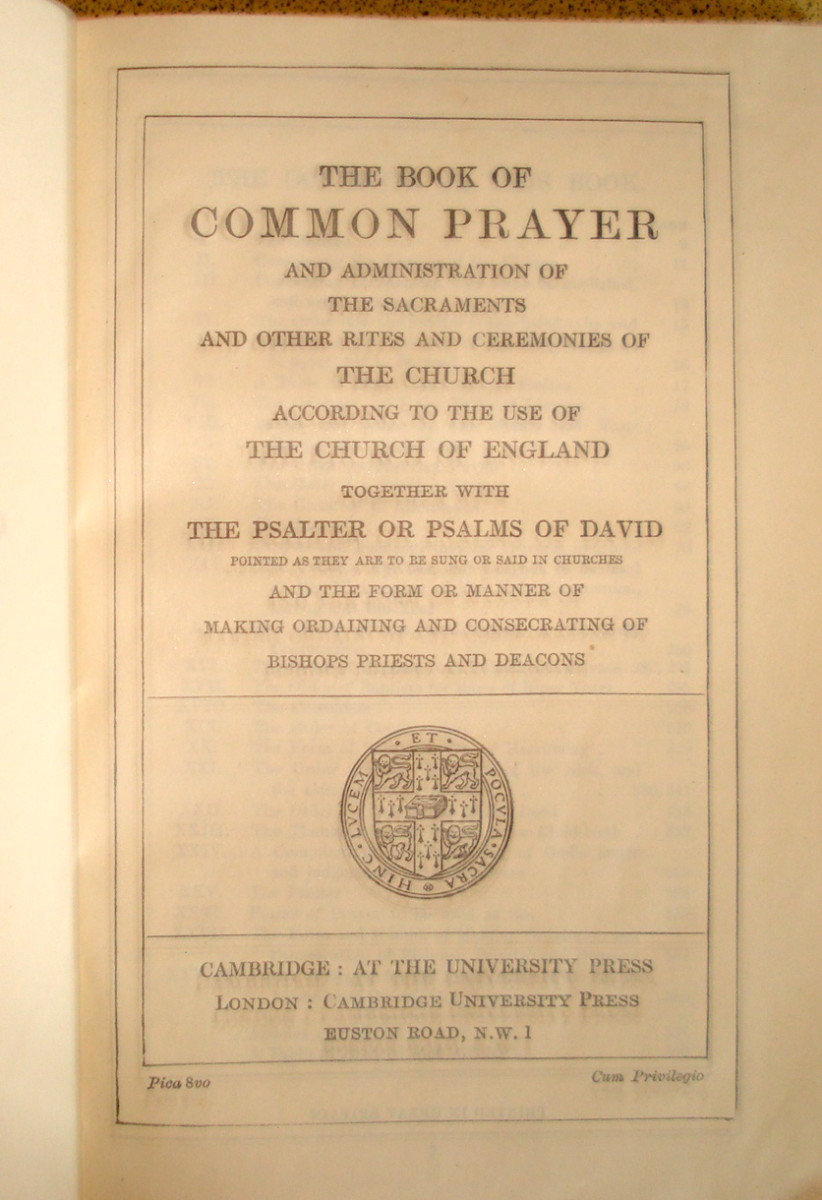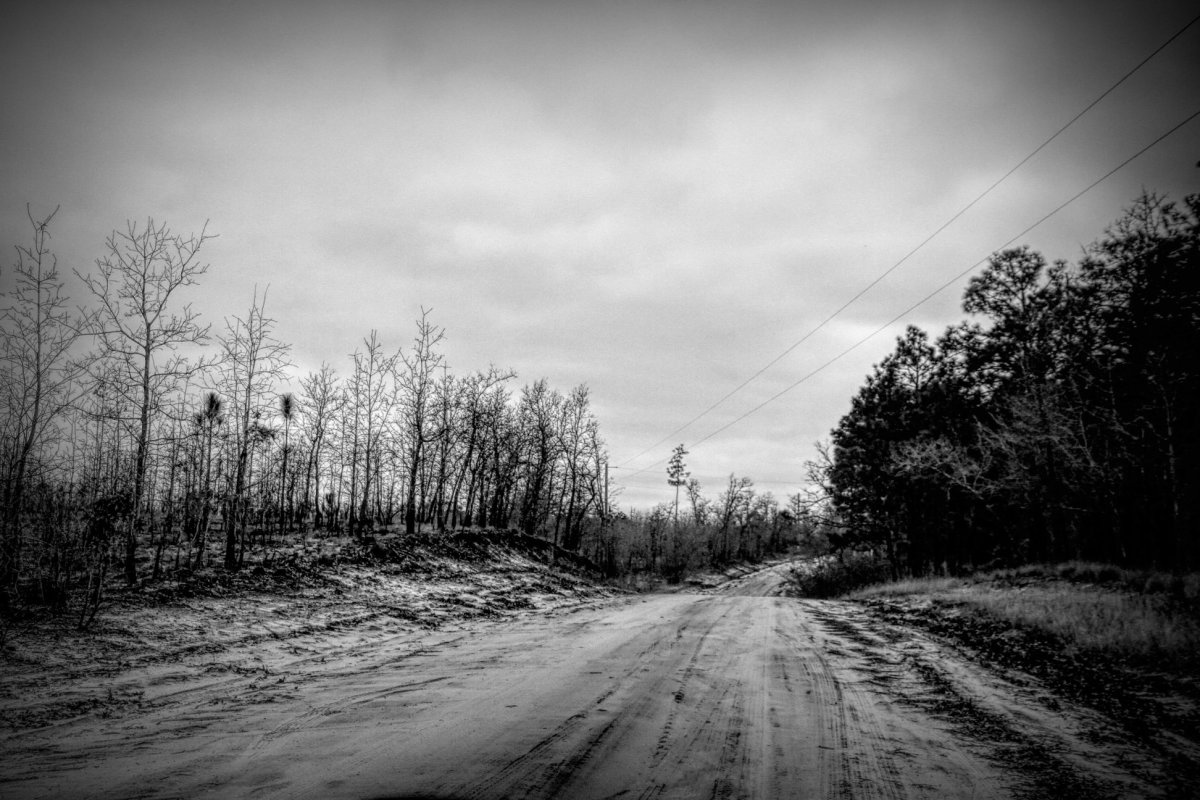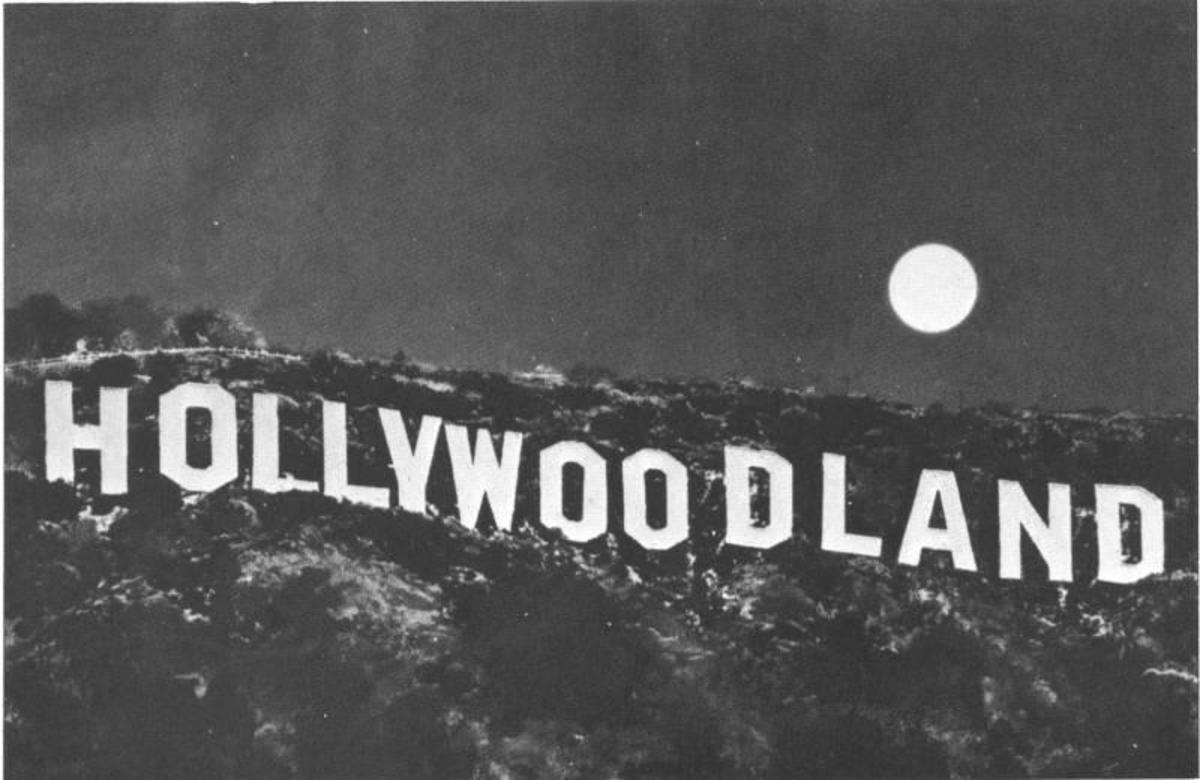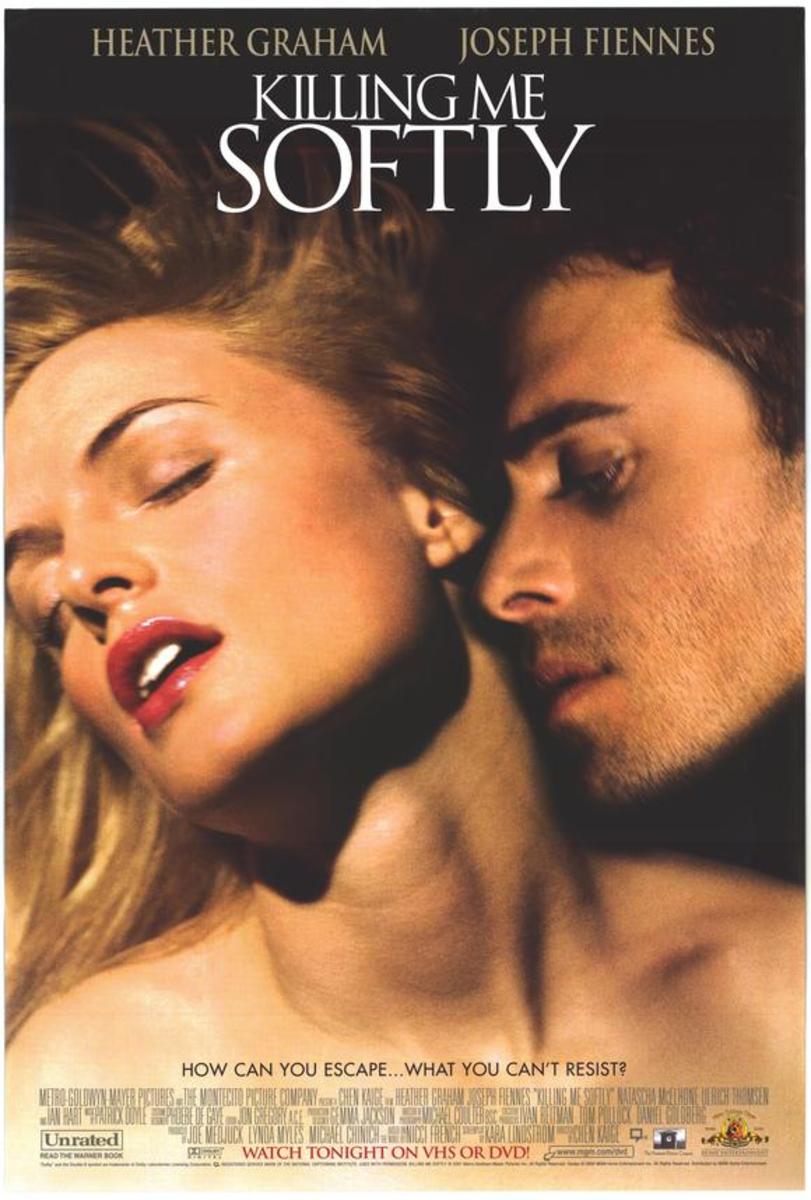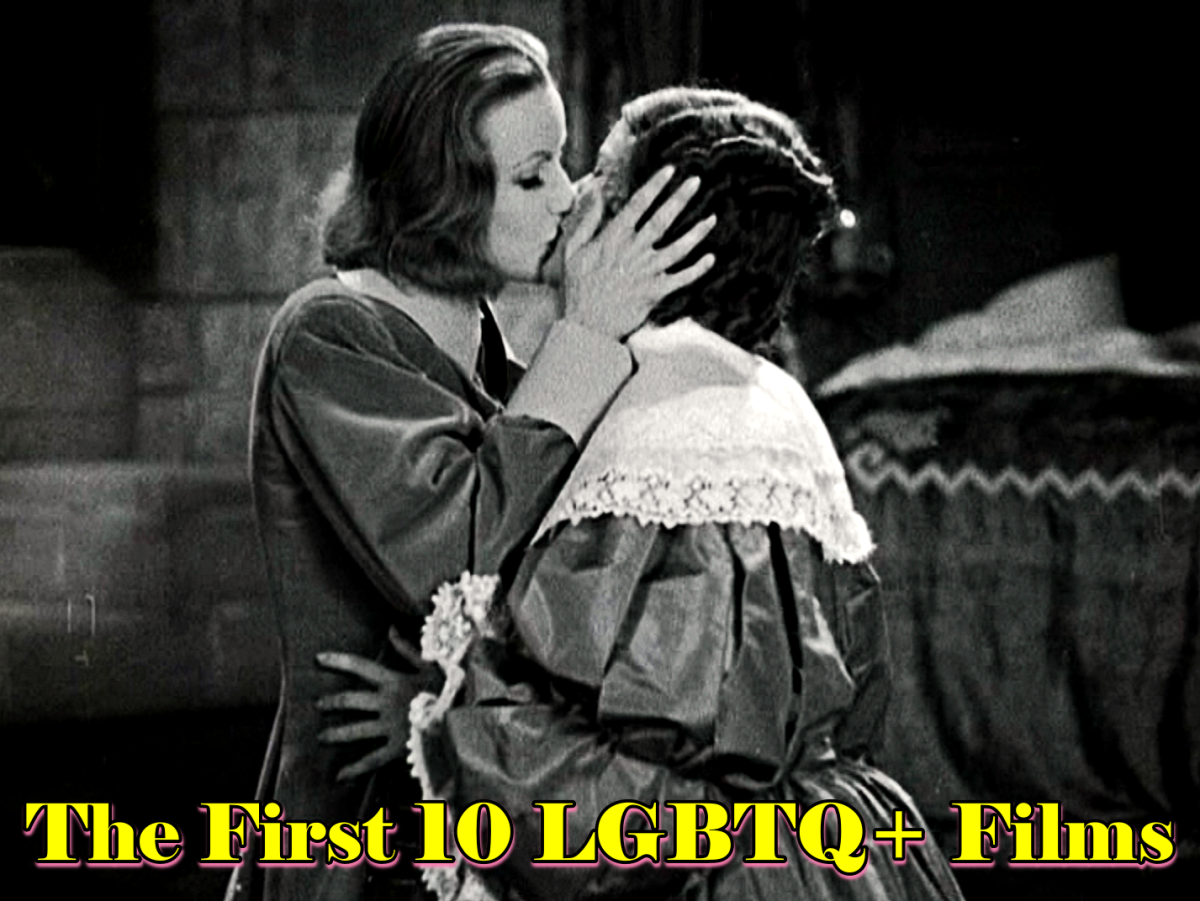On Jungle fever
Jungle fever
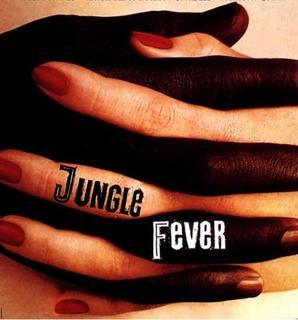
A peculiar drawback of the majesty that is human consciousness, is how trapped we are by our perspective. The tragedy of this condition is how much we are unaware of it. It seems to be an evolutionary setback; our brains- evolving for efficiency- developed the belief that what it could perceive was all that was true. Thus, intersectionality is a hard concept to explain and an even harder one to digest.
Our perspective is our reality, we view the world through the frames of our identity- and like in a good movie- what is in the frame is supposed to feel real. Explaining to an individual that their frame is incomplete, feels like attacking their whole identity because it is the frame with which said individual constructs their reality.
The man himself
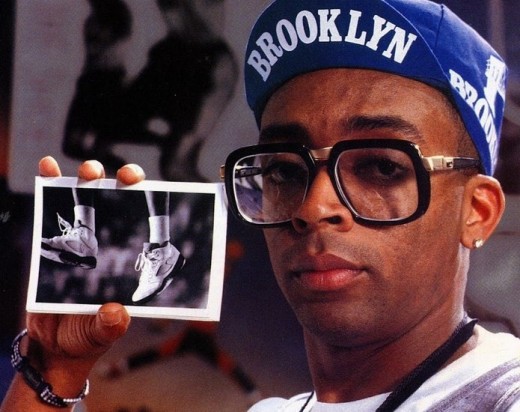
Our perspectives range in color and flavor
Jungle fever is a Spike Lee joint where a black architect and a white, Italian, secretary have an affair, and the repercussions this decision has on their respective communities after the affair is revealed. Spike lee grew into maturity on the streets of Brooklyn, New York and- in this writer’s opinion- the influence of such an ethnically diverse home has fueled the best films he has made.
Spike Lee shapes the inter-sectional argument as one of perspective. Perspectives that are not universally shared, and so are often overlooked. By easing us gently into the frames of the three dimensional characters on screen, we get a glimpse into the type of interactions that shape and cement the domineering power structures intersectionality is concerned with.
These perspectives range in color and flavor. From that of a man who would risk a loving family for the curiosity of breaking taboo with the exotic, to that of a growing child bearing witness to the ease with which her father perverts her mothers’ trust; to those of the egotistical, abusive men, made powerless and outdated by the hands of change. Each frame we are made witness to increases our understanding of the dynamics at play.
A dangerous idea to ignore
A pivotal moment in my understanding of the film is where Drew- the wife of the above-mentioned adulterer- is having a conversation with her group of friends (the film hilariously refers to them as the war council) after she finds out her husband has been cheating. They lament how the trappings of their oppression has affected their image of themselves, they are only seen as attractive when not in the context of success- as their skin tone does not fit the image of wealth black men, in seeking societal validation need to portray.
Empathy in this film go a long way, the white characters with the highest empathy with the struggle we face are rewarded with the empathy the movie gives in return. However, in a stark reflection of real life, a lot of people in the movie get hurt and a lot of tension is unresolved. The racial tensions and dynamics do not go away when just because we stop viewing the world through the character’s eyes. Intersectionality is the idea that different positions of power influence the perspective with which we view the world, if we work with the presupposition that our perspective shapes the reality and experiences we live in- it is a dangerous idea to ignore.

